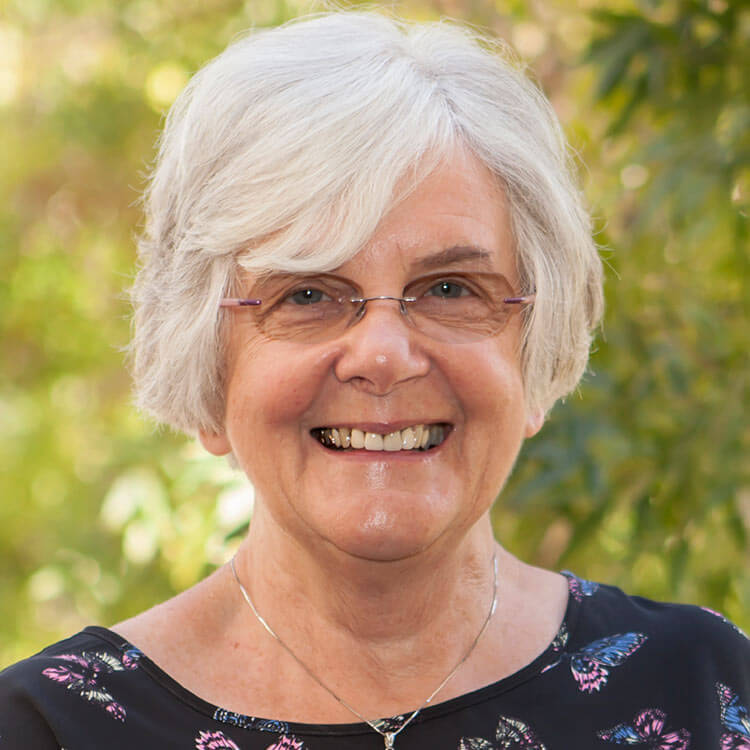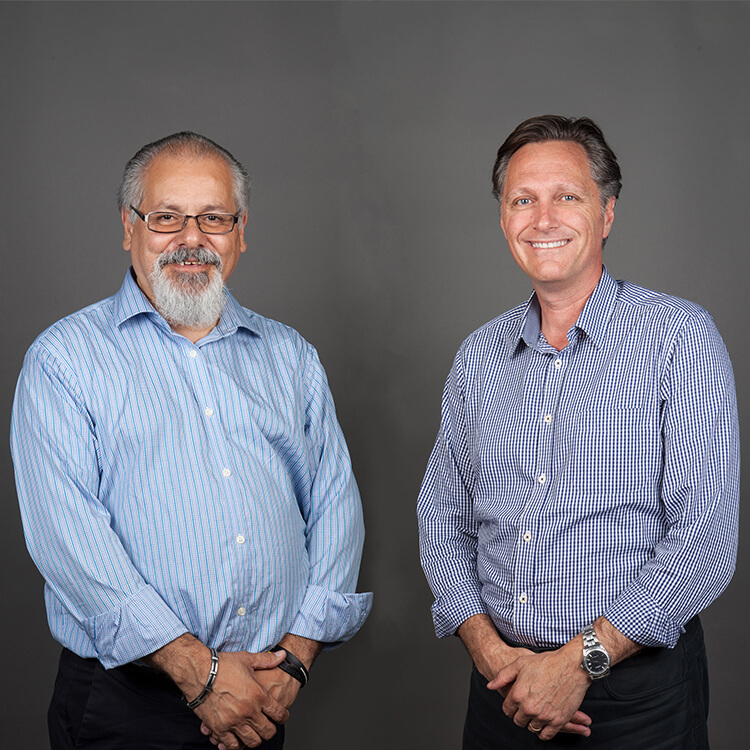Search
Showing results for "Professor"
Research
How can modeling responsibly inform decision-making in malaria?When models are used to inform decision-making, both their strengths and limitations must be considered. Using malaria as an example, we explain how and why models are limited and offer guidance for ensuring a model is well-suited for its intended purpose.


News & Events
Award honours for The Kids researchersTwo outstanding The Kids Research Institute Australia research leaders have been named finalists in the 2018 Western Australian of the Year Awards.
Research
Biomarkers to define the treatment end-point for pulmonary exacerbations in cystic fibrosisAdvances in our understanding of early cystic fibrosis lung disease led by the Australian Early Surveillance Team for Cystic Fibrosis (AREST CF) have also indicated the potential utility of a number of biomarkers for monitoring disease severity.
Research
The health effects of electronic cigarettesAlexander Larcombe BScEnv (Hons) PhD Honorary Research Fellow Honorary Research Fellow Associate Professor Alexander Larcombe began work at The Kids
Research
Sprint proof of concept studyThis study will evaluate the effect of two types of aerobic exercise
Research
Infection, inflammation,and lung function decline in infants with cystic fibrosisBetter understanding of evolution of lung function in infants with cystic fibrosis...
Research
Preventing severe influenza in Australian infants: Maternal influenza vaccine effectiveness in the PAEDS-FluCAN networks using the test-negative designChristopher Blyth MBBS (Hons) DCH FRACP FRCPA PhD Centre Head, Wesfarmers Centre of Vaccines and Infectious Diseases; Co-Head, Infectious Diseases
Research
Western Australian health care workers’ views on mandatory COVID-19 vaccination for the workplaceHealth care workers (HCWs) are at an increased risk of catching and spreading Coronavirus Disease 2019 (COVID-19) compared with the general community, putting health systems at risk. Several jurisdictions globally have mandated or are looking to mandate COVID-19 vaccines for this cohort, but little is known about the acceptability of this measure, especially in different contexts, and there is little qualitative data to explore nuance, depth, and the reasons behind HCWs’ opinions.
Research
Unusual 2020 respiratory syncytial virus bronchiolitis season in Western Australia: Not explained by weatherTo describe and explore the relationship between weather and the unusual 2020 bronchiolitis season in Western Australia during the COVID-19 pandemic.
